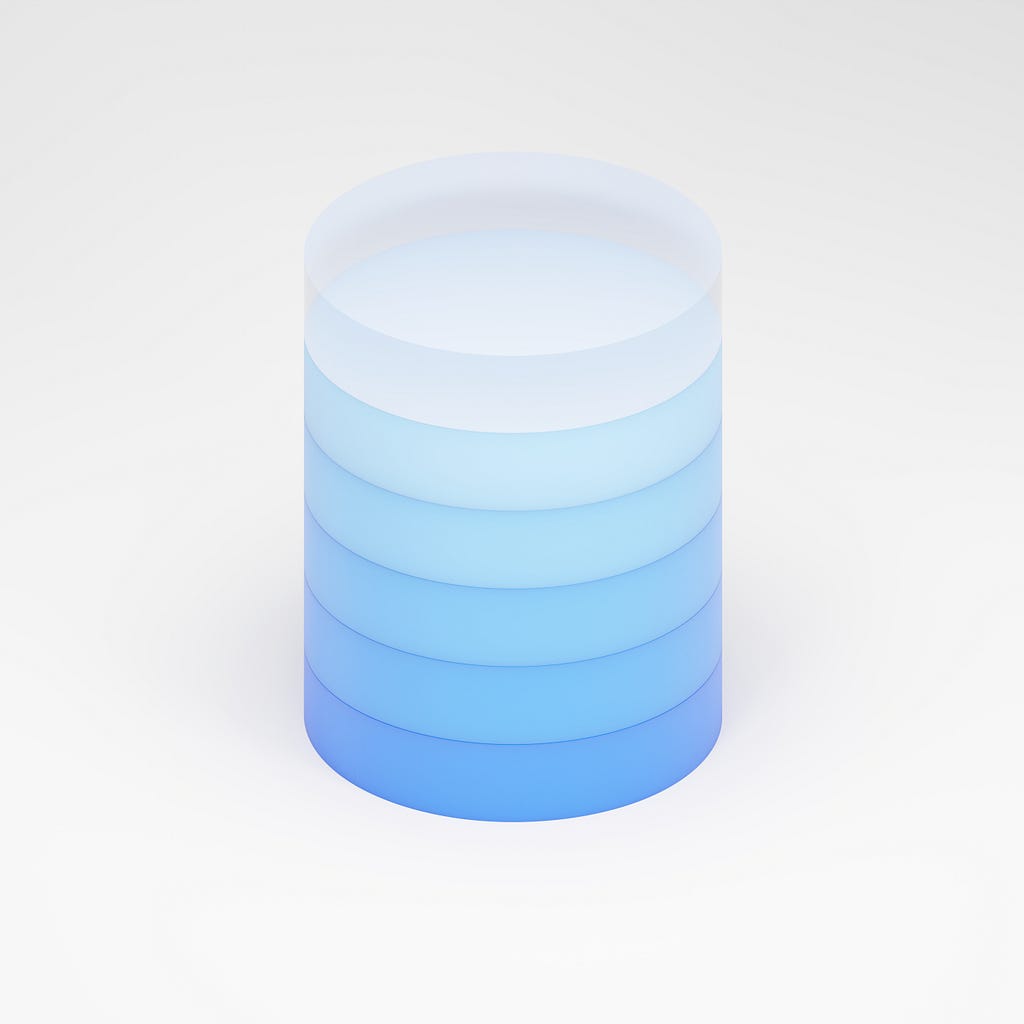
How To Choose the Right Database
Last Updated on March 24, 2022 by Editorial Team
Author(s): Rijul Singh Malik
Originally published on Towards AI the World’s Leading AI and Technology News and Media Company. If you are building an AI-related product or service, we invite you to consider becoming an AI sponsor. At Towards AI, we help scale AI and technology startups. Let us help you unleash your technology to the masses.
A blog around how companies decided which databases are right for them

Choosing the right database can be a challenge for businesses. You need to understand the basics of databases and the different options you have for databases. If you are looking for a guide on how to choose the right database then this blog is for you.
What is a Database?
Databases are the backbone of any company. Without them, the company would not be able to function. It is the information that the company works with, it is the information that the company makes use of and it is the information that the company stores. Without a database, the company would be lost. A database is a collection of information that a company needs in order to function properly. There are many different kinds of databases available and each one of them is designed for a specific purpose.
What is an RDBMS?
An RDBMS, or relational database management system, is a software application that manages a large database. It is, as the name suggests, relational. That means that, unlike a NoSQL database (which is a “Not only SQL” database), it uses the relational model to store and manage data. Relational databases have been around since the late 1970s and early 1980s. The most popular RDBMS is Oracle, but other popular options are MySQL and Postgres. The main benefit of an RDBMS is that it is able to work with large amounts of data. Companies with thousands of customers or clients will usually use an RDBMS to manage their data.
What is an NoSQL?
In the world of databases, there are two main categories: relational and non-relational. Relational databases are the most popular among businesses and are used by most companies to store data. This is the type of database most people are familiar with, and it’s the type of database most of the big companies like Google, Apple, Facebook and Amazon use to store data. These are known as the “big dogs” of databases, and most startups and medium-sized companies also use relational databases. Examples of relational databases include MySQL, PostgreSQL and Oracle.

Select Database by Database type
Database types can be defined by their level of interactivity and by their use. For example, relational databases are most appropriate for storing lots of data and are highly interactive, while object databases are designed to store large amounts of unstructured data and are not as interactive. The most common types of databases are: Relational databases: Relational databases are the most common type of database. They are designed primarily to store data in a way that makes it easy to retrieve and update stored information, and they are often used to create online transaction processing systems. Relational databases can be further divided into several subtypes, including:
Relational Database: Relational databases are the standard for most companies, and for good reason. They are designed to store huge amounts of data in a very compact format. However, the downside is that relational databases are a little harder to use. They require more logic and more planning to create and maintain than other types of databases. Relational databases are often the best choice for companies that need to store large amounts of relational data.
Databases can be divided into two types: Relational Database Management System (RDBMS) and Non-Relational Database Management System (NoSQL). Relational databases are the most popular database and are the most widely used for storing and managing data. They are also very easy to use, and in the past, they were considered as the only option to store data in a structured and organized way. However, today, NoSQL systems are gaining more popularity because they are designed to run more efficiently and faster than relational databases.
Select Database by your Database Need
The database represents an important information storage of a project, which is used to store the data. But how to select the right database for your project? No storehouse of information is complete without it, so it makes sense to invest time to find the one that will meet your needs. Knowing this, it can be difficult to decide which database is right for your project. When considering which database to use, you should make a list of your specific requirements, then choose the database that best meets those needs.
Choosing the right database for your business can be tricky. When you need a database, you want to make sure you’re using the right one for your business so that you can get the most out of your database. This blog will help you make a decision about which database you should use. One of the first things you’ll need to understand is what a database is, and what its purpose is. A database is a collection of data that is stored and organized in a way that allows you to easily retrieve, manage and use it. Usually, this data is stored in an organized way that allows it to be accessed and retrieved quickly and efficiently. There are three core types of databases: relational, NoSQL and object-oriented databases. You’ll need to understand your business needs to determine which database you should use.
Select Database by your Budget
When you are starting a new project, you will have to make a decision about which database you will use: MySQL, Oracle, SQL Server, etc. So, how do you make this choice? Well, the easiest way is to analyze your budget. If you have more than $1000 per month for the project, you should choose Oracle or SQL. If you have $100 to spend, you should choose MySQL.
Databases are not easy to build, but they are easy to access. However, selecting a database that fits your requirements is not a simple task, as there are many things to consider. The main factor that influences your decision to choose a database is the budget. The budget is a very important factor in selecting a database. The cost of a database is the first thing that you should consider when choosing a database. The type of data you need to store and how long you need to store it are also important factors. Possible solutions for each of these issues can be provided by a number of databases.

Conclusion
There are no right or wrong databases, but there are right database choices for specific needs.
How To Choose the Right Database was originally published in Towards AI on Medium, where people are continuing the conversation by highlighting and responding to this story.
Join thousands of data leaders on the AI newsletter. It’s free, we don’t spam, and we never share your email address. Keep up to date with the latest work in AI. From research to projects and ideas. If you are building an AI startup, an AI-related product, or a service, we invite you to consider becoming a sponsor.
Published via Towards AI
Take our 90+ lesson From Beginner to Advanced LLM Developer Certification: From choosing a project to deploying a working product this is the most comprehensive and practical LLM course out there!
Towards AI has published Building LLMs for Production—our 470+ page guide to mastering LLMs with practical projects and expert insights!

Discover Your Dream AI Career at Towards AI Jobs
Towards AI has built a jobs board tailored specifically to Machine Learning and Data Science Jobs and Skills. Our software searches for live AI jobs each hour, labels and categorises them and makes them easily searchable. Explore over 40,000 live jobs today with Towards AI Jobs!
Note: Content contains the views of the contributing authors and not Towards AI.
















